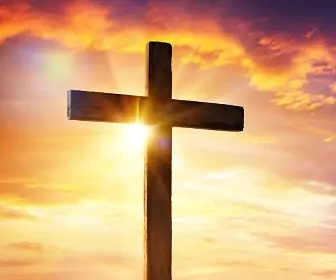
THEY say a week in politics is a long time. None knew better than Harold Wilson, a former British Prime Minister under relentless pressure from the Opposition.
President Uhuru Kenyatta and His Deputy William Ruto came to power in 2013 after hotly contested elections. Their victory marked the end of an era and the beginning of another.
The out-going president Mwai Kibaki, continuously in government since independence in 1963, had passed on a baton marking a major generational shift in Kenyan politics.
Gone were the independence-era political parties like KANU and their leading personalities. But thanks to president Moi in his heydays in power, Kenya used to be a dejure single-party state. Today, everyone who is anyone in Kenya’s political landscape can trace their roots back to KANU.
Uhuru and Ruto’s victory was significant in another aspect. The two were among the six charged with crimes against humanity by the International Criminal Court following the horrific ethnic clashes that followed the disputed 2007 general elections.
Cases against four of the accused have since collapsed. The remaining cases of William Ruto and radio journalist Sang have greatly strained relations between Kenya and the ICC over the latter’s conduct of the cases. Kenya and the African Union accuse the ICC of unfairly targeting African leaders and distracting Uhuru and Ruto from their core mandate of governing and uniting Kenyans.
In Kenya’s political scene, when it rains, it pours. The Opposition led by veteran politician and former Prime Minister Raila Odinga has kept the country in elections mode since 2013. They have shown their determination to stall every project unveiled by the ruling Jubilee administration.
Thanks to the Opposition, the much talked-about campaign promise of laptops for schools, now is moving at the snail’s pace. The Standard Rail Gauge, launched with much fanfare, to decongest Mombasa Highway, was held back for months.
Then came terror attacks at the Coast, in Nairobi and Garissa. These attacks stretched the security forces to their limits and the resultant travel advisories by Western countries almost wiped out tourists from the Coast. Instead of standing with the government and the country in the hour of need, the Opposition was loudest calling for withdrawal of Kenya Armed Forces from Somalia.
As if that foot-in-the-mouth embarrassment was not enough, the Opposition has rallied against the government in every major dispute with organized labor, the last one being the teachers strike in September, 2015. A salary increment of between 50% and 60 % is not economically feasible in a country like Kenya.
President Kenyatta seized the bully pulpit early enough during the teachers’ salary crisis and told the country the simple economic truth. His bureaucrats, it seems, went to sleep thereafter. They allowed the crisis to drag on unnecessarily, giving the Opposition another opportunity to embarrass themselves with a national fund raising appeal that collected a mere Kshs. 1.5 million to pay the teachers’ salaries.
With their eyes firmly fixed on the next general elections in 2017, fringe elements in the ruling Jubilee coalition and the Opposition Cord have lately been on the war path with public comments that imply they would kill to retain or gain political power.
For a country so much in need of progress and development, it is incredulous to many observers of Kenyan politics that neither President Kenyatta and his Deputy President Ruto nor the Opposition Chief Raila Odinga have come out swinging in condemnation of such toxic remarks of impunity by their followers.
To his credit as a nationalist and reputable constitutionalist, the Head of the Judiciary, Justice Willy Mutunga has called for greater tolerance and an end to the ongoing war of words between extremist elements in either camp. Such comments could ignite fresh ethnic clashes in the run-up to 2017 general elections.
Elections should be about moving Kenya forward to a glorious future, not to the past whose memories are still fresh and painful. Could the patriots in Jubliee and Cord please stand up for Kenya and be counted?
By Leonard Njoroge, Diaspora Media Contributor







